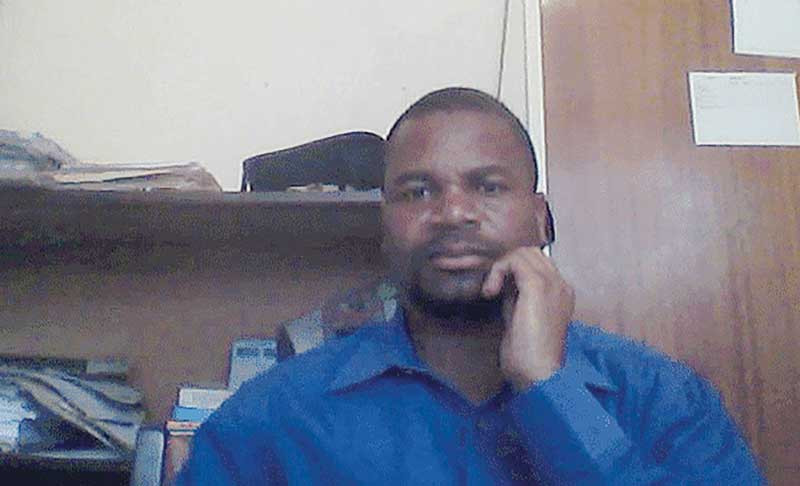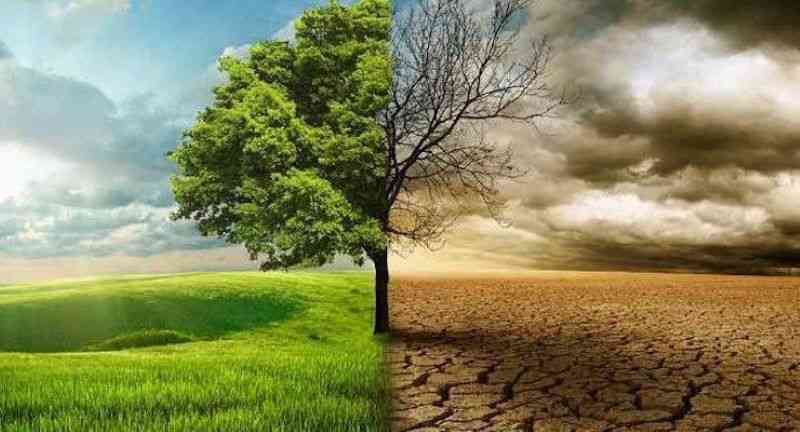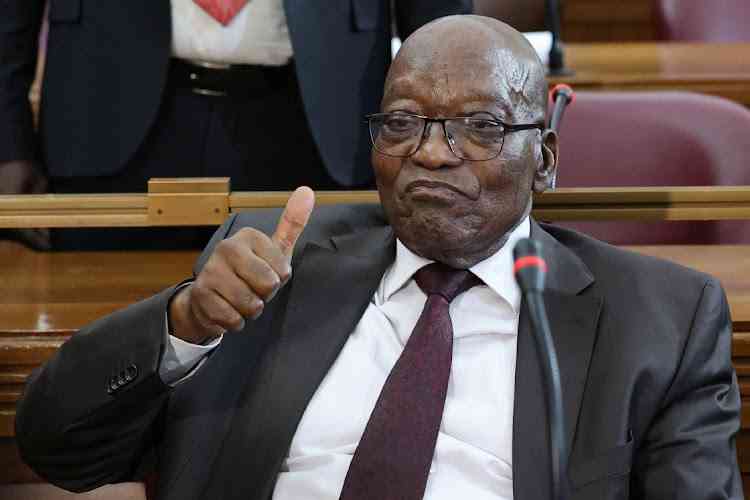
THE point that global warming is increasing and not toning down has become a living reality, that cannot be denied, mystified or masked. It is also a major concern that Africa’s vulnerability status keeps on compounding and one wonders if this scenario is deliberate, outright failure or colonial hangover. With regard to United Nations Framework Convention on Climate Change (UNFCCC) climate change negotiations, the issue of climate finance has become central and at the heart of deliberations, regrettably does climate finance have a clear definition.
While colonialism was driven by capitalism through oppression, free labour, looting of Africa’s resources to develop and build empires in what is now called developed countries, Africa still believes that it needs compensation and reparations in the form of climate finance.
According to the African continent, it is the responsibility of developed countries to pay for emissions that occurred in their process of becoming rich, incidentally, a process which is responsible for today and future’s climate change impacts.
Yes, in terms of climate finance, it is noble for African countries to have a share of the wealth accumulated by developed countries, but what good have we done ourselves or what good are we doing as the African community of nations to warrant trust even from those who have stolen from us and put our resources to good use. The African continent still remains an epitome of food insecurity, water stress, malnutrition, corruption, human rights abuses, bad governance, among others.
Mitigation and adaptation require substantial financial injections and that is where climate finance comes in, but Africa continues to invest its trust and faith in the benevolence of developed countries. If the money fails to come as expected, does it mean that the continent will not adapt.
If climate finance fails to materialise, does it mean that there will not be any mitigation and adaptation. It will also be more interesting to note if Africa has other mitigation and adaptation plans in the event of failing to get the desired climate finance. It is in the best interest of the continent to have plan “B” rather than continue to put all it eggs in one basket. How can one trust the thief that stole from you to be fair when giving you back your stolen monies?
It has become common knowledge that every COP is always about climate finance for compensation and reparations, but results seem not to becoming from that route. These COP negotiations have not yielded much except new phrases and vocabularies like, “the historic Paris Agreement”, “pre-industrial levels”, “loss and damage”, among others. One wonders what history making is there in COP15 with all those loopholes.
There have also been many protocols and accords that have been overseen, but something tangible is still to be realised. Recently, Denmark pledged US$13 million as part of its loss and damage commitments, although the amount is not what nations expected, at least it has broken the barrier by announcing something positive.
- Open letter to President Mnangagwa
- Feature: ‘It’s worse right now than under Mugabe’: Sikhala pays the price of opposition in solitary cell
- Masvingo turns down fire tender deal
- Human-wildlife conflict drive African wild dogs to extinction
Keep Reading
It is also not clear which nations or governments will benefit and by how much from the pledged US$13 million. Following a directive by the UNFCCC to developed countries to provide developing countries with new and additional financial resources for mitigation and adaptation how many developed countries feel compelled to honour it?
What if the developed countries release the money and it is not directed towards mitigation and adaptation, as Africa is known for, would developed countries be compelled to continue releasing the money anyway? Developed countries would rather continue to provide climate finance to developing countries in the manner they see fit, like in the form of loans, insurance or carbon credits and a bit of cash through selected non-governmental organisations (NGOs), but some developing countries have declared these NGOs enemies of the State. These NGOs have been accused of harbouring regime change motives so they should leave these countries.
Some of these countries want climate finance to be deposited directly in selective government ministries’ accounts, but they are not prepared to be audited. In this case, developed countries will not continue expecting honesty from countries which lie to themselves. If ever there could be responsibility and accountability from both the developed and developing countries, then climate finance could be guaranteed.
It is in this respect that both, developed and developing countries need some financial housekeeping to do with disbursing and handling of climate finance. Currently there is a lot of merry-go-round including hide and seek by both parties.
For these reasons, climate finance ought to have a single and clear definition so that it is not defined and interpreted wrongly.











